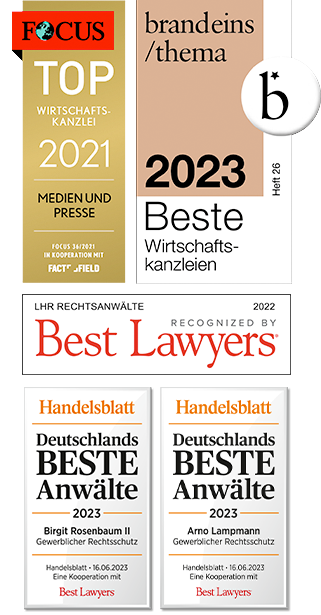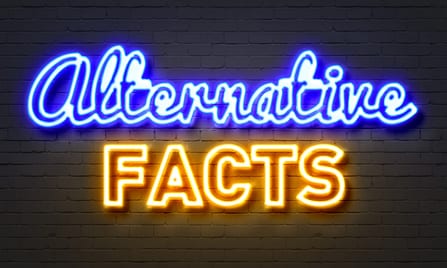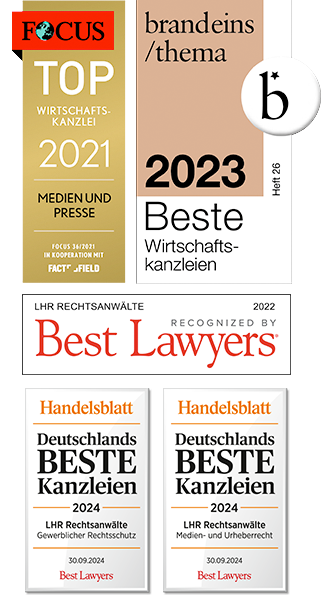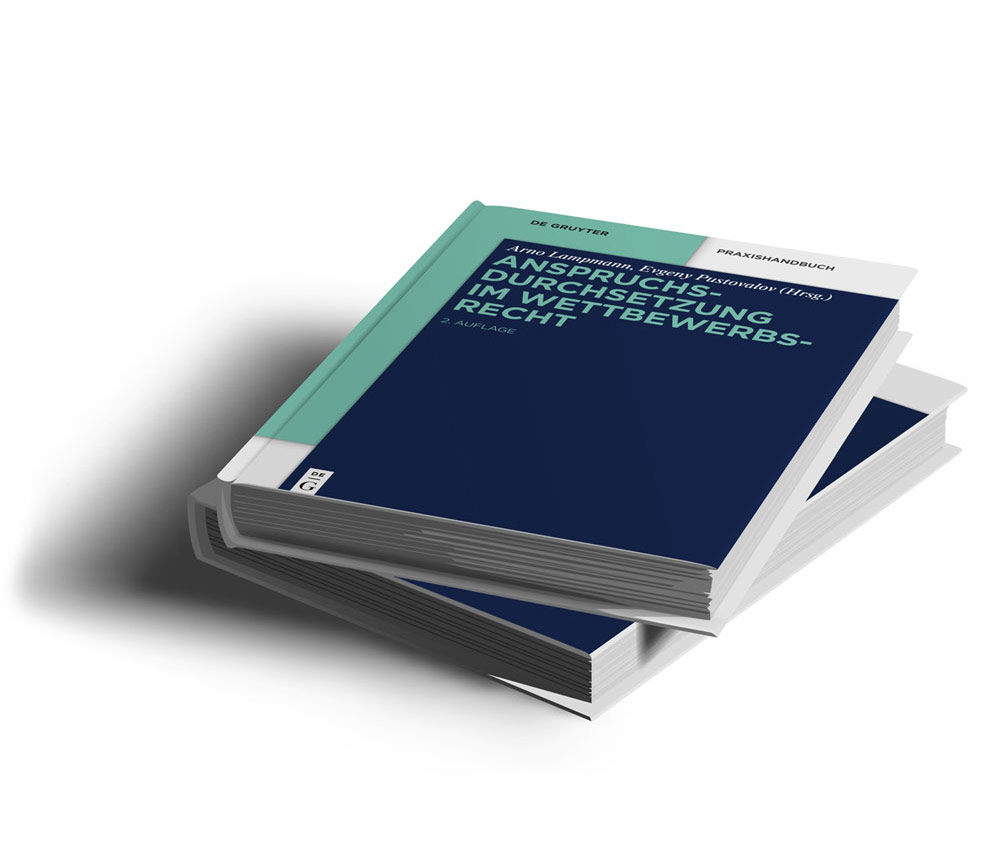Cologne Regional Court prohibits advertising with crossed-out ‘moon prices’ on Amazon
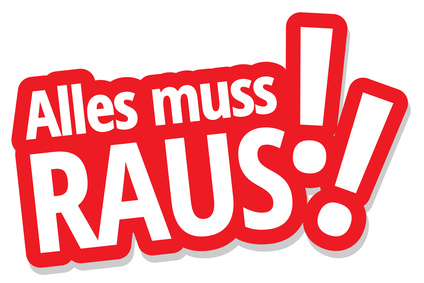
Can a so-called ‘moon price’ be advertised on Amazon? The Regional Court of Cologne had to deal with this issue.
The Regional Court of Cologne (LG Köln, Beschluss v. 30.8.2016, Az. 33 O 127/16) has issued a unilateral injunction against an Amazon retailer at the request of Lampmann, Haberkamm & Rosenbaum Rechtsanwälte (LHR). You can find another case on unauthorised price advertising here.
This prohibits the retailer from advertising prices with higher, crossed-out prices.
In the event of infringement, a fine of up to € 250,000 or up to six months’ imprisonment may be imposed.
The decision has been issued by way of a ruling. A final decision is reserved for proceedings on the merits. Unless the retailer recognises the ruling as a final ruling.
Misleading price advertising
The Regional Court of Cologne thus followed the competitor’s argument that the specific price advertising was misleading. The defendant contrasted the price of €6.50 for the product on offer with a crossed-out ‘instead’ price of €14.70, which was simply unrealistic at more than double the amount:

The regional court did not accept the defendant’s defence that the type of price advertising was permissible because it offered the product in question at this price in its local shop.
Fazit
And rightly so. This is because the consumer understands the higher, crossed-out price in the context of an online offer to be a former price that was charged by the retailer in an identical or at least similar sales channel, i.e. an adequate price reduction. In any case, the consumer does not assume that the price charged by the retailer in its brick-and-mortar shop is indicated.
This is because, firstly, it would not provide any information for the consumer to decide whether or not to make use of the specific online offer. This is because the purchase of the product in a bricks-and-mortar shop is naturally already remote and not a concrete alternative for the consumer who is interested in a nationwide online offer on the Internet. Secondly, the consumer knows that the two sales channels are based on completely different calculations. They will therefore not relate a price crossed out in the online shop to the price charged in the bricks-and-mortar shop.
In addition to the claim for injunctive relief, there are also claims for damages, which the retailer will assert in separate proceedings. (la)
